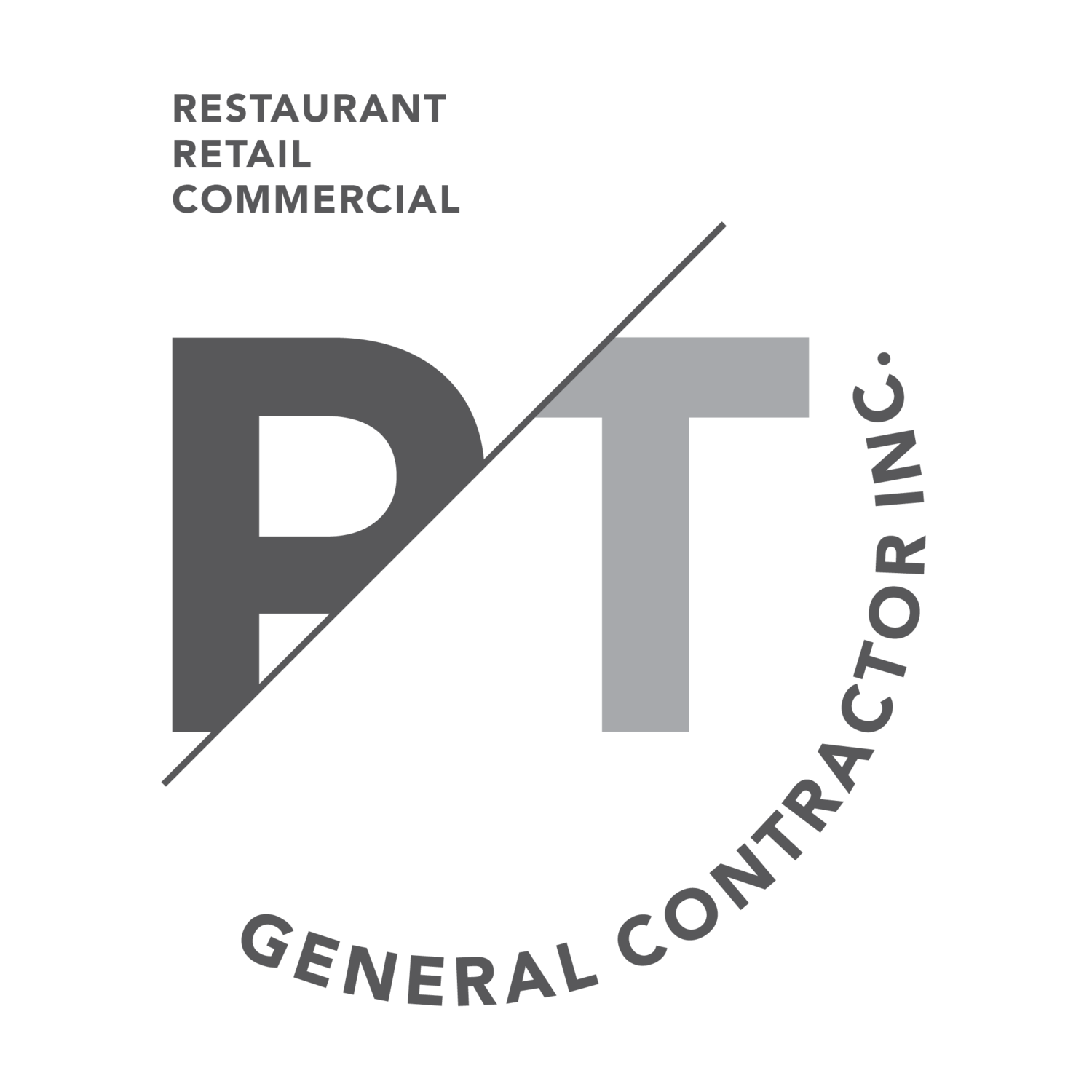Streamlining Your Retail Build in Toronto: A Guide to the Permitting Process
Launching a retail construction project in Toronto requires meticulous attention to securing the necessary building permits. Omitting this crucial step can lead to a cascade of complications, including frustrating delays, unexpected project cost overruns, and potential legal repercussions. Toronto's permitting system, particularly for retail spaces with their unique considerations like signage and accessibility, can present a labyrinthine challenge for the uninitiated. However, a well-structured guide can significantly ease the burden and empower you to navigate the process with confidence.
You can use this guide to help you navigate Toronto's building permit system. We'll cover the key permit categories you'll probably need, give you a thorough rundown of the application procedure, and offer insightful advice on how to make the most out of your experience. You may turn the permitting procedure from a possible roadblock into a manageable and even strategic component of your total project timeline by following these steps and making use of the information offered.
Key Types of Permits for Retail Projects
Secure proper permits before starting construction
Before we dive into the application process, here's a breakdown of the primary permits likely needed for your retail project:
Building Permit: This foundational permit, issued under the Ontario Building Code, authorizes any form of construction, structural modification, or demolition of a building. It ensures that your project adheres to essential safety standards, structural integrity requirements, and fire safety codes.
Plumbing Permit: Essential for installing or modifying plumbing systems to ensure they meet the National Plumbing Code of Canada standards. A key focus is on preventing water damage and safeguarding public health by ensuring proper waste disposal and the use of appropriate materials.
Electrical Permit: Required for any electrical installations, upgrades, or repairs. Electrical work must comply with the Canadian Electrical Code (CEC) to prevent electrical fires and ensure the safety of occupants.
HVAC Permit: Governs the installation or alteration of heating, ventilation, and air conditioning systems. This permit verifies that the planned HVAC system meets energy efficiency standards and adheres to safety regulations outlined in the National Building Code and any applicable provincial regulations.
Sign Permit: Crucial for ensuring the installation, alteration, or relocation of exterior retail signage adheres to city regulations. Signage permits often have specific limitations on size, placement, illumination, and construction materials to maintain aesthetic harmony within the urban environment and ensure public safety.
Accessibility Permit: Ensures your retail space meets Accessibility for Ontarians with Disabilities Act (AODA) standards, creating an inclusive environment. AODA requirements encompass measures like accessible washrooms, clear paths of travel for wheelchairs and other mobility aids, and proper signage to ensure people with disabilities can easily access and navigate your retail space.
Zoning and Other Approvals: Certain projects may necessitate additional approvals related to zoning variances, heritage building considerations, or tree removal. Consulting with city planning officials early in your process is crucial to identify any potential zoning restrictions or heritage building preservation requirements that may impact your project. Obtaining the necessary approvals can streamline the permitting process and prevent delays.
The Application Process – A Step-by-Step Guide
Let's break down the permit application process into manageable stages:
Pre-Consultation: This early meeting gives you a chance to get personalized advice from city officials about your project. Discuss potential roadblocks to clarify expectations and uncover any hidden costs or fees before formally investing time and resources into the application.
Document Preparation: The quality of your project documentation makes a significant difference. This includes highly detailed architectural drawings that outline the project's scope, site plans showing property boundaries, engineering reports ensuring structural soundness, and other blueprints relevant to your build.
Application Submission: Be aware of how Toronto offers submission methods. While online submission is increasingly common, certain situations may still require in-person applications at the designated city offices. Double-check the specific requirements for your permit type.
The Review Process: This isn't simply one department giving you a stamp of approval. Various specialized departments will be engaged, such as those overseeing building safety, zoning compliance, fire safety, and more. Be prepared for this to take some time, especially if your project is complex.
Addressing Feedback: Approvals are rarely granted without some kind of revision request. Responsiveness here is crucial – the faster you adapt your plans to align with their feedback, the faster your permit process will move along.
Permit Issuance: This is the culmination of your efforts! Once your plans adhere to all relevant codes, requested adjustments are made, and any fees are paid in full, the permit is issued. This gives you the official legal green light to commence construction.
Tips for a Smooth Permitting Process
Hire professionals for a smooth sailing construction project
Here's a set of proven strategies to help ensure a streamlined permitting experience:
Start Early: Due to potential review cycles, feedback loops, and the need to coordinate with other trades, it's vital to start the permit process even before your design is fully finalized. This helps identify potential obstacles early, giving you time for revisions and avoiding costly delays down the road.
Hire Experienced Professionals: Architects and contractors familiar with Toronto's system understand the nuances of the codes, can help avoid common pitfalls, and communicate effectively with city officials. A general contractor like PT General Contractor can be invaluable in managing the entire process, freeing up your time.
Check Zoning Requirements: Each area of Toronto has specific zoning rules about what types of businesses are allowed and any design restrictions. Confirming your project aligns with these rules before investing in drawings and applications saves time and money, preventing unexpected roadblocks.
Be Meticulous with Documents: Small errors or omissions can significantly delay your application. Ensuring accuracy, correct formatting, and including all necessary specifications streamlines the process. City websites often list exact requirements, so careful review is crucial.
Maintain Open Communication: Building a positive rapport with city officials can make a big difference. Regularly checking in, being responsive to their queries, and demonstrating a willingness to address concerns proactively shows your commitment to a smooth process.
Anticipate Inspections: Prepare for site visits throughout construction where inspectors check if work adheres to the approved plans. Having documentation ready and ensuring the site is accessible fosters efficiency and demonstrates professionalism.
Factor in Processing Time: While there are guidelines, complex projects naturally take longer to review. Building in flexibility to your project timeline accommodates for potential delays in the permit approval stage, preventing unnecessary stress.
Navigating Toronto's permitting process for your retail construction project can be a smoother experience with the right knowledge and preparation. Understanding the key permits, carefully planning, and following this guide will set you on the path to success. When seeking expert guidance and streamlined project execution, don't hesitate to reach out to PT General Contractor at (416) 451-6173.


